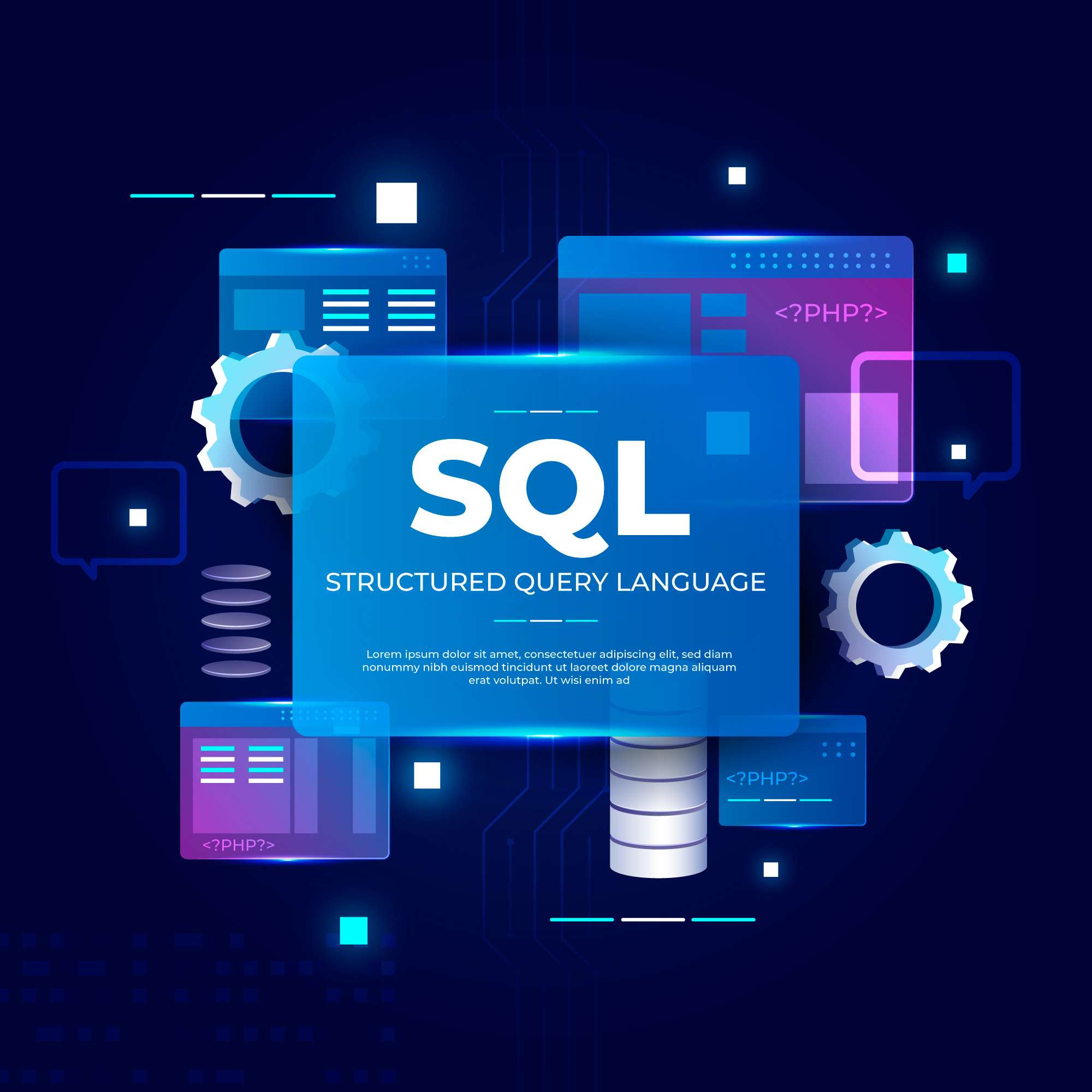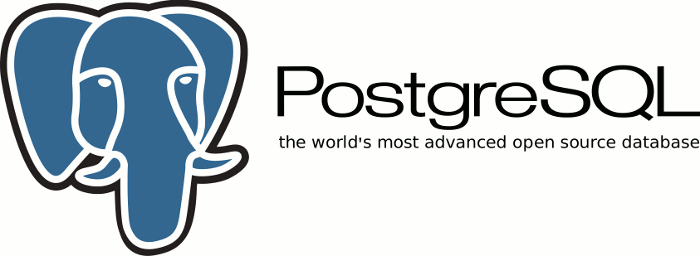- Services
- Accessibility
- App-Entwicklung – Englisch
- Backend, Frontend – Englisch
- KI – Englisch
- UI UX – English
- Unterstützung laufender Projekte – Englisch
- Web-Entwicklung – Englisch
All Services
Complete software development
Web Development
App Development
UX-UI-Design
Backend and frontend development
Reinforcement of your IT team
Implementation of innovative solutions
Artificial Intelligence
Accessibility
- Technologies
- React – English
- Angular Development
- JavaScript Development
- Java Development
- Kotlin Backend Development
- Node.js Development
- iOS Development
- Android Development
- Kotlin Multiplatform – English
- NoSQL Database
- SQL Data Management
Frontend
React
Angular
JavaScript
Backend
Java
Kotlin
Node.js
Mobile
iOS
Android
Kotlin Multiplatform
Swift
Databases
Structured Query Language (SQL)
NoSQL
Web3
Blockchain development
- Projects
- Team
- News
English
- Contact



